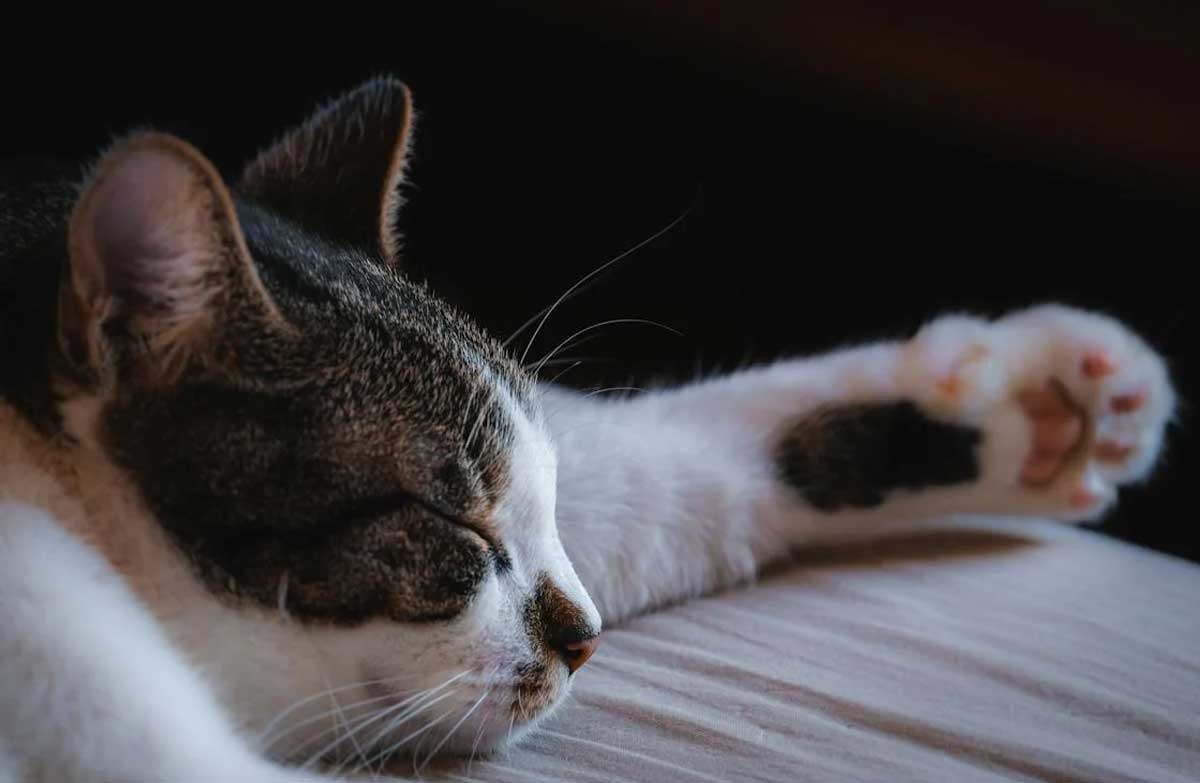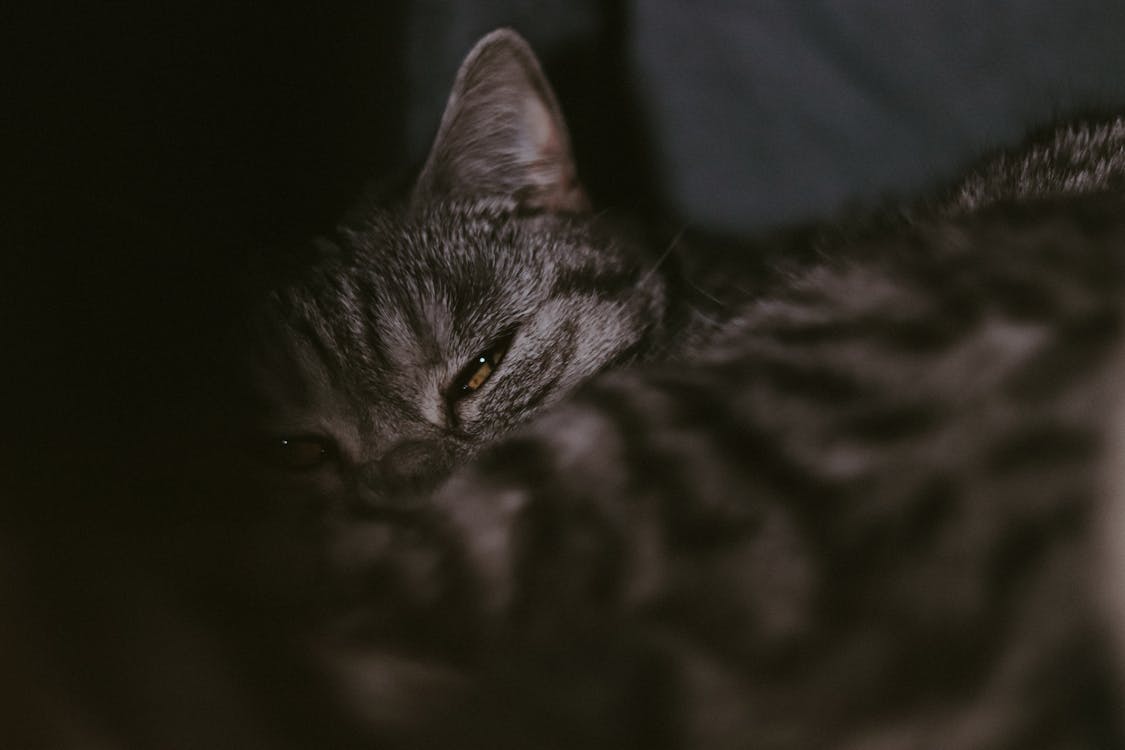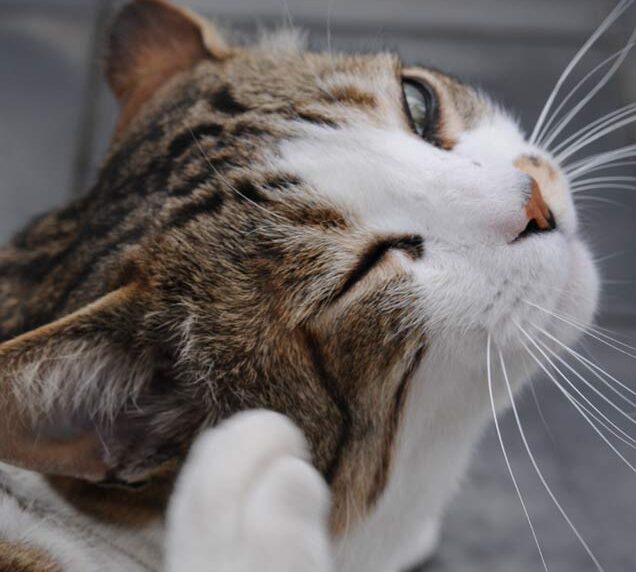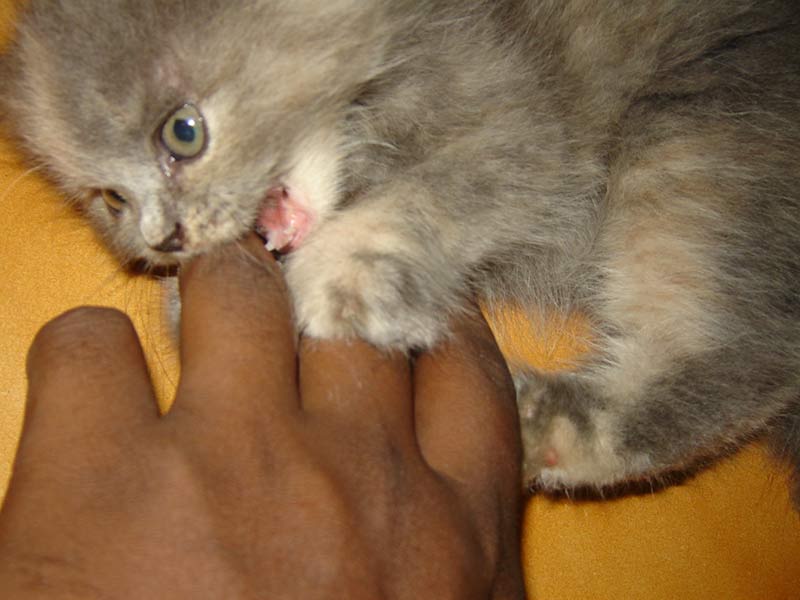Why does my cat meow at night? In the dead of night, when the world is cloaked in darkness and silence reigns supreme, there comes a sound that pierces through the stillness—a soft yet persistent melody that echoes through the corridors of our homes and the recesses of our minds. It is the unmistakable voice of a cat, a creature of mystery and grace, expressing itself in its unique dialect: the timeless and universal language of the meow. To some, this nocturnal serenade may evoke annoyance or frustration, disrupting the tranquility of their slumber. Yet, to others, it serves as a comforting reminder of the presence of a cherished companion, a guardian of the night, keeping watch over their domain with unwavering vigilance.
Understanding Feline Behavior at Night
Cats are fascinating creatures with complex behaviors, especially when it comes to nighttime activities. Understanding why your feline friend meows at night can shed light on their needs and desires. Cats are naturally crepuscular, meaning they are most active during dawn and dusk. This behavior stems from their hunting instincts, as these are optimal times for catching prey. However, domestic cats often adapt to their owners’ schedules, leading to confusion when their natural instincts clash with human routines. Therefore, your cat’s nighttime meowing could be a manifestation of this internal conflict, as they may feel the urge to hunt or explore during the quiet hours when humans typically sleep.
Why Does My Cat Meow at Night? 13 Possible Reasons, To-Dos
As the plaintive cries reverberate through the night air, they weave a tapestry of connection between human and feline, binding us together in the shared experience of the nocturnal world. In the symphony of the night, the cat’s meow stands as a poignant refrain, a testament to the enduring bond between mankind and its oldest domesticated ally.
Other Interesting Articles
- How To Take Care of A Baby Kitten 2 Weeks Old: 6-Step Guide
- 20 Famous People and Legends Who Loved & Had Pet Cats
- How To Tell If A Cat is Male/Boy or Female/Girl: Tips, Guide
- A Guide to Socializing Shy, Frightened, or Traumatized Cats
- How to Stop A Cat From Spraying Indoors: Home Remedies
- How to Help Cats Get Along with a Kitten Step-By-Step
- How To Tell If Your Cat Has A Triple Coat: 7 Simple Steps
- How To Tell If Your Cat Has Down Syndrome: Signs & Myths
- 11 Signs Your Cat is a Girl: Tips To Distinguish A Female Cat
- Petting A Shy Cat: A How-To Guide, Tips, Dos, Don’ts, FAQs
- How To Tell If Your Cat Has Fleas: Best Tips To Take Care
- How To Tell If Your Cat Can’t Hear: 10 Tips To Help A Deaf Cat
- Why is My Cat Making A Weird Vibrating Noise: What To Do
- How To Tell If A Shy Cat Likes You: 14 Signs To Observe
- How To Stop A Cat From Spraying Outside: 20 Tips To Try
- How To Tell If My Cat is in Pain After Surgery: 17 Implied Signs
- How to Take Care of A Kitten For the First Time: 20 Tips
- 20 Prohibited Things You Should NEVER Do To Your Pet Cat
- What to Know Before Getting a Second Cat: Tips & Guide
- What Scents and Smells Do Cats Hate? How To Deal With




